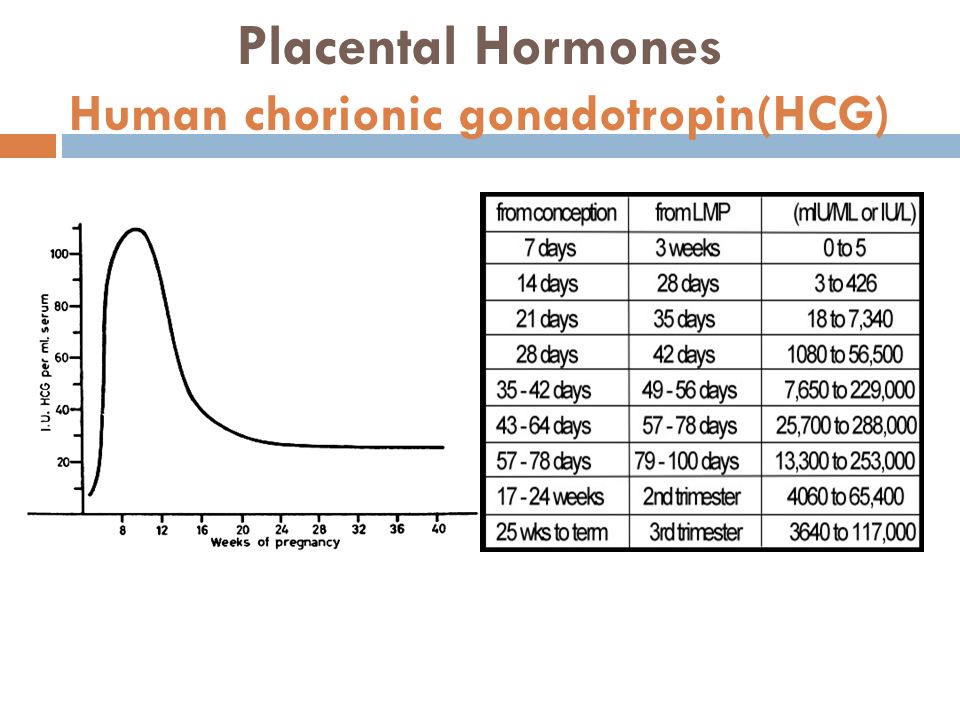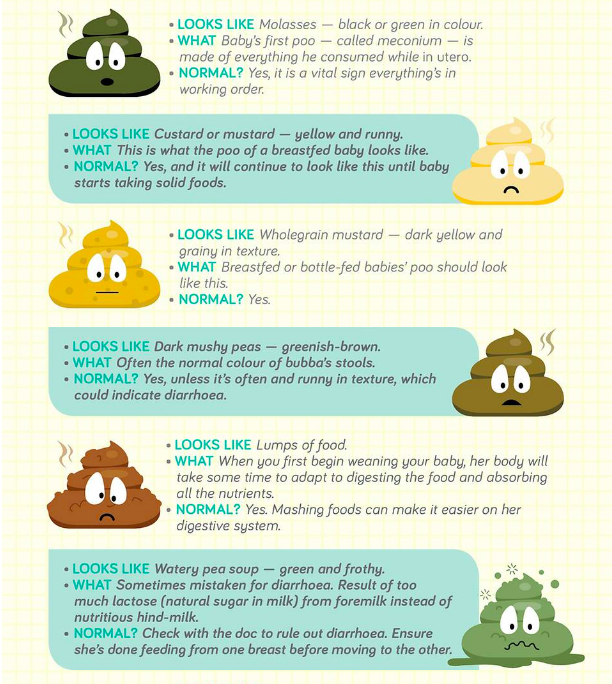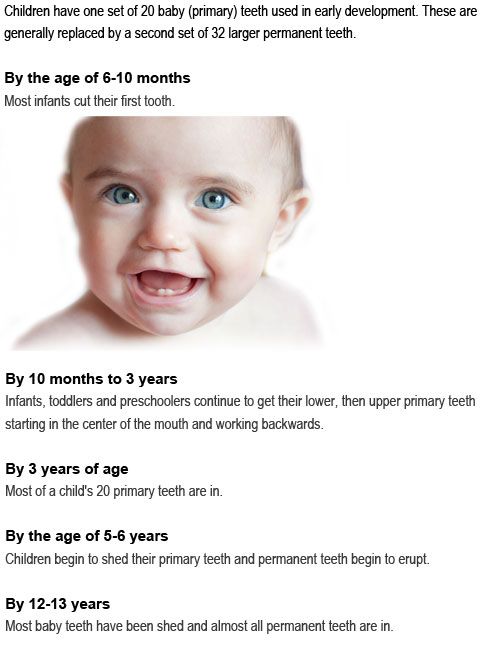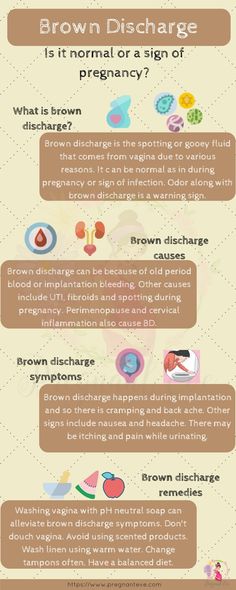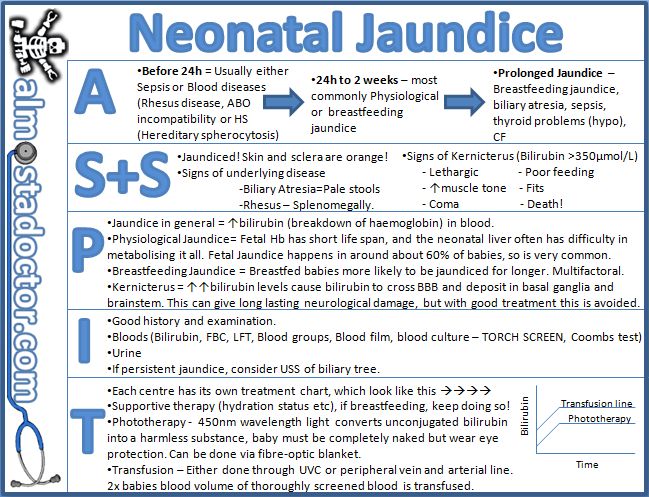How to have children
Getting pregnant: How to make a baby
Sure, you may know the basics about how babies are made – a sperm and egg meet, and nine months later, a beautiful baby is born. But there's actually a lot more to it than that. From the development of an egg to sperm production, ovulation, fertilization, and implantation, there are many steps. Here are some biological facts about making a baby.
How do women's eggs develop?
For women, a potential pregnancy begins in the ovaries, those two almond-shaped glands attached to either side of the uterus. (See illustration below.)
Ovaries come fully stocked: Newborn baby girls are born with about 2 million eggs that have developed in utero – that's more than a lifetime's supply. The eggs begin dying off almost immediately, and no more are ever produced.
At the time of her first period, a young woman has approximately a couple hundred thousand eggs. An accelerated decline begins at age 37 or 38, with about a thousand eggs left at menopause (usually between age 45 and 55).
During the middle of the menstrual cycle, most likely between days 6 and 14 for women with a 28-day cycle, follicle-stimulating hormone, produced by the pituitary gland, causes follicles in one of a woman's ovaries to begin to mature. At about day 14, an increase in luteinizing hormone, also made by the pituitary, causes the ovary to release its egg. The egg then travels through the fallopian tube to the uterus.
This release, called ovulation, starts the conception clock ticking. The egg lives only about 24 hours after ovulation, so it has to be fertilized soon for conception to happen. Your "fertile window" is the five days leading up to ovulation, as well as the day of ovulation and the day after. That's about seven days total.
So how do you make a baby, exactly? If your egg meets up with a healthy sperm on its way to the uterus, the two can join and begin the process of creating a new life.
If not, the egg ends its journey at the uterus, where it either dissolves or is absorbed by the body. When pregnancy doesn't occur, the ovary eventually stops making estrogen and progesterone (hormones that help maintain a pregnancy), and the thickened lining of the uterus is shed during your period.
When pregnancy doesn't occur, the ovary eventually stops making estrogen and progesterone (hormones that help maintain a pregnancy), and the thickened lining of the uterus is shed during your period.
How is sperm produced?
A man's body is almost constantly at work producing millions of microscopic sperm, whose sole purpose is to penetrate an egg. While women are born with all of the eggs they'll ever need, men aren't born with ready-made sperm. They have to be produced on a regular basis, beginning at the onset of puberty when a man begins to produce millions of sperm cells each day.
The average sperm lives only a few weeks in a man's body, and up to 500 million are released with each ejaculation. That means new sperm are always in production, ready for making a baby.
Advertisement | page continues below
Sperm begin developing in the testicles, the two glands in the scrotal sac beneath the penis. (See illustration above.) The testicles hang outside a man's body because they're quite sensitive to temperature.
To produce healthy sperm, testicles have to stay about 1 to 2 degrees Celsius cooler than normal body temperature – that's around 95 degrees Fahrenheit. The sperm are stored in a part of the testicle called the epididymis before mixing with semen just prior to ejaculation.
Despite the millions of sperm produced and released with each ejaculation, only one can fertilize an egg – this is the case even for identical twins. (When two separate eggs are fertilized by two separate sperm in the same pregnancy, a mother has fraternal twins.)
The sex of the resulting embryo depends on which type of sperm burrows into the egg first. Sperm with a Y chromosome make a boy baby, and sperm with an X chromosome make a girl. Plenty of myths about how to choose a baby's sex have been circulating for centuries. Some are backed by a bit of scientific evidence, but a child's gender is pretty much randomly determined.
Will having an orgasm help you get pregnant?
Besides being pleasurable, that sensation known as an orgasm also has an important biological function.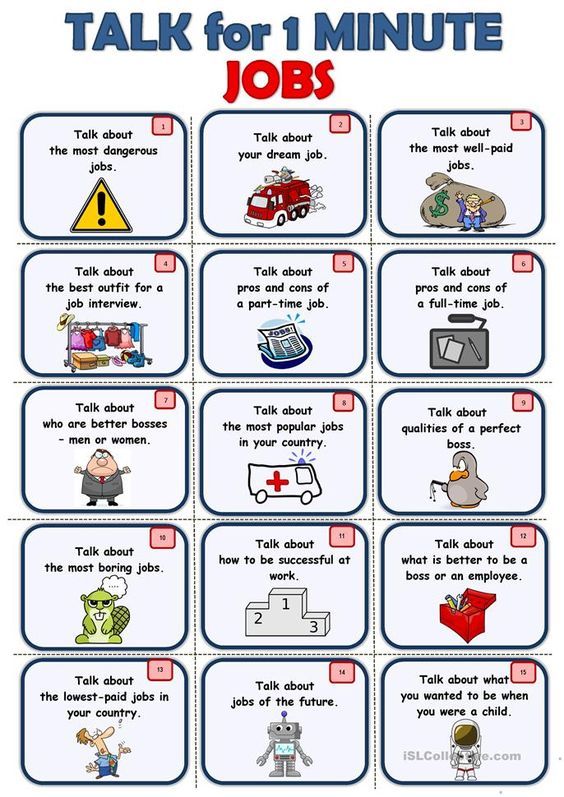 In men, having an orgasm propels sperm-rich semen into the vagina and up against the cervix, helping them reach the fallopian tubes minutes later. This gives sperm a head start on their way to the egg, which could help you get pregnant fast.
In men, having an orgasm propels sperm-rich semen into the vagina and up against the cervix, helping them reach the fallopian tubes minutes later. This gives sperm a head start on their way to the egg, which could help you get pregnant fast.
Some researchers theorize a woman's orgasm could help with conception – that the wavelike contractions associated with the female orgasm pull sperm farther into the cervix. But there's no real evidence that having an orgasm will help you get pregnant.
Still, having an orgasm couldn't hurt – and just might help – your chances of getting pregnant.
Does lying on your back after sex help you get pregnant?
Many couples also wonder whether a particular sexual position is best to make a baby. You may have heard that certain positions are ideal because they allow for deeper penetration, but there is no evidence that sex position has any effect on pregnancy rates.
So, do whatever you like. The most important thing about sex is that you're both having a good time and you're doing it frequently enough to have live sperm in the woman's reproductive tract during ovulation. That means you should aim to have sex every 1 to 2 days during the middle of your cycle.
That means you should aim to have sex every 1 to 2 days during the middle of your cycle.
At this point, you can't do much except cross your fingers and hope. You may have also heard that it helps if the woman stays on her back afterward with a pillow elevating her bottom so gravity can help the sperm get to the waiting egg, but there's no evidence this helps achieve pregnancy either.
What happens to the sperm and egg after you have sex?
After sex, a great deal of activity is taking place inside your body. Those millions of sperm have begun their quest to find the egg to make a baby, and it's not an easy journey.
The first obstacle is the acid level in your vagina, which can be deadly to sperm. Then there's your cervical mucus, which can be impenetrable, except on the days when you're most fertile. Then it miraculously thins enough for a few of the strongest sperm to get through.
But that's not all – the sperm that survive still have a long road ahead. They need to travel from the cervix through the uterus to the fallopian tubes.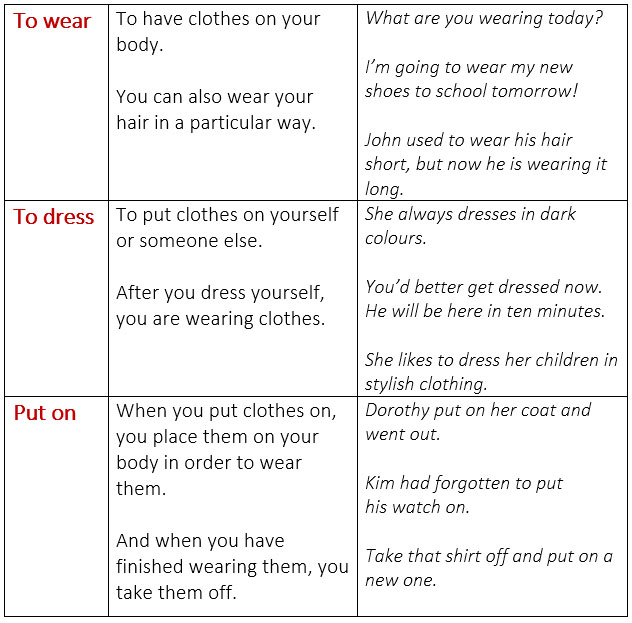 If there isn't an egg in one of the fallopian tubes after ejaculation, the sperm can live in the woman's reproductive tract for up to five days. Only a few dozen sperm ever make it to the egg. The rest get trapped, head up the wrong fallopian tube, or die along the way.
If there isn't an egg in one of the fallopian tubes after ejaculation, the sperm can live in the woman's reproductive tract for up to five days. Only a few dozen sperm ever make it to the egg. The rest get trapped, head up the wrong fallopian tube, or die along the way.
It's important to know that regular cannabis use by your partner can contribute to lower sperm count as well as the ability of the sperm to travel.
For the lucky few who get near the egg, the race isn't over. They still have to penetrate the egg's outer shell and get inside before the others.
And as soon as the hardiest one of the bunch makes it through, the egg changes instantaneously so that no other sperm can get in. It's like a protective shield that clamps down over the egg at the exact moment that first sperm is safely inside.
Now the real miracle begins. The genetic material in the sperm combines with the genetic material in the egg to create a new cell that starts dividing rapidly. At the end of this period, the embryo becomes a mass of very organized cells called a blastocyst. You're not actually pregnant until the blastocyst travels the rest of the way down the fallopian tube and attaches itself to the wall of your uterus. This is known as implantation and usually happens five to six days after fertilization.
You're not actually pregnant until the blastocyst travels the rest of the way down the fallopian tube and attaches itself to the wall of your uterus. This is known as implantation and usually happens five to six days after fertilization.
That final leg of the trip can take another three days or so, but it may be a few more weeks until you miss a period and suspect that you're going to have a baby. If you miss your period or notice another sign of pregnancy, you can use a home pregnancy test to find out for sure if you have a little one on the way.
Conceiving a baby - Better Health Channel
Most women under the age of 40 years who want to become pregnant (conceive) will achieve this within 12 months of starting to try. Here we explain how you can improve your chances of getting pregnant and having a healthy baby.
Planning for a baby
If you are planning to become pregnant, it’s important that you and your partner (if you have one) are as healthy as possible before you start trying.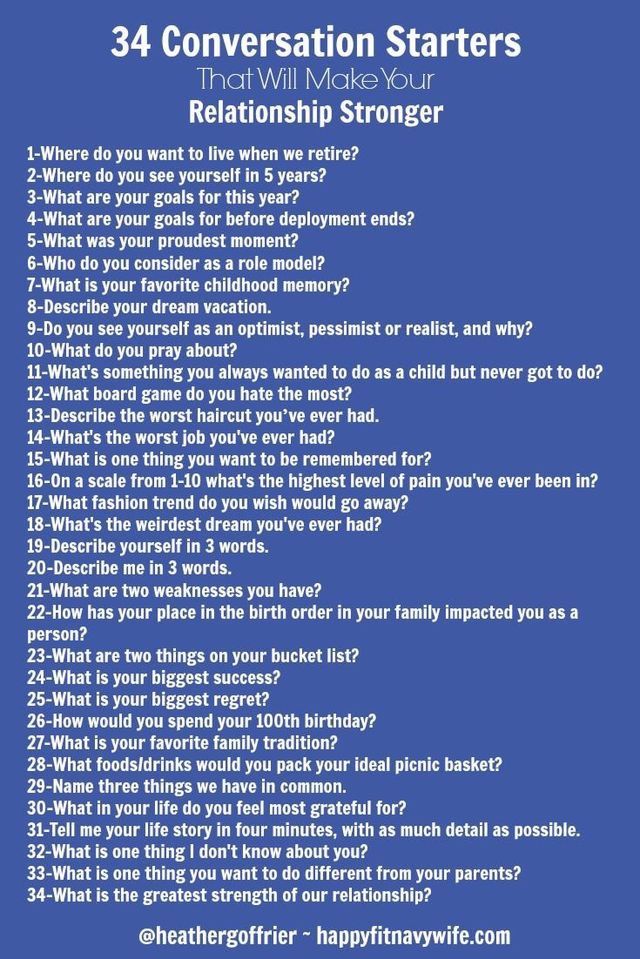 Your GP can help with a pre-conception health check.
Your GP can help with a pre-conception health check.
A pre-conception health check usually includes:
- a medical history and a general examination
- blood tests to check your haemoglobin level, blood group, immunity for German measles (rubella) and chickenpox (varicella), hepatitis B and human immunodeficiency virus (HIV)
- tests for any sexually transmissible infection (STI)
- advice about lifestyle changes that will improve the chance of pregnancy and the health of the baby (lifestyle factors you may need to change include your weight, physical activity, alcohol consumption, recreational drug use, and whether you smoke)
- advising about folate and iodine supplements before conception and during pregnancy for the health of your baby
- referral to a specialist if either partner has a pre-existing medical condition that might affect the chances of pregnancy, or pregnancy health
- a review of any prescription medicines either partner may be taking
- referral for genetic counselling if needed
- information about health services and choices of pregnancy care.

Your Fertility has some useful fact sheets about how to best prepare for pregnancy. On the Your Fertility website you can complete the Healthy Conception Tool for personalised information about what you can do to improve your pre-conception health.
Timing and conception
To conceive, you need to have sex in the 5 days before you ovulate, or on the day you ovulate. This is called the ‘fertile window’. When the fertile window occurs depends on the length of your menstrual cycle.
Most women know when ovulation is approaching because they notice changes in their normal vaginal discharge, which becomes clear and slippery. Learn more about the fertile window and work out when yours occurs.
Age, fertility and conception
The most important factor for the chance of getting pregnant and having a healthy baby is the woman’s age. Fertility starts to slowly decline around age 32. By age 35, the fertility decline speeds up and by age 40, fertility has fallen by half.
The effect of men’s age on fertility is less dramatic but is an important factor too. Men aged 45 and older are less fertile, and some health conditions are more common in children with older fathers.
Find out more about the effects of age on fertility and pregnancy health.
Weight, fertility and conception
Being overweight or underweight can cause hormonal changes that interfere with ovulation and reduce fertility. On average, women who are obese take longer to conceive than women in the healthy weight range and are more likely to experience infertility.
In men, obesity can lower fertility. This is likely due to a combination of factors including hormone problems, problems with erection or other health conditions linked to obesity.
Find out more about the effect of weight on fertility and pregnancy health.
Diet, exercise and conception
There is no special diet that improves the odds of conception, but a healthy range of foods that includes lots of fresh fruits, vegetables and lean meats is recommended.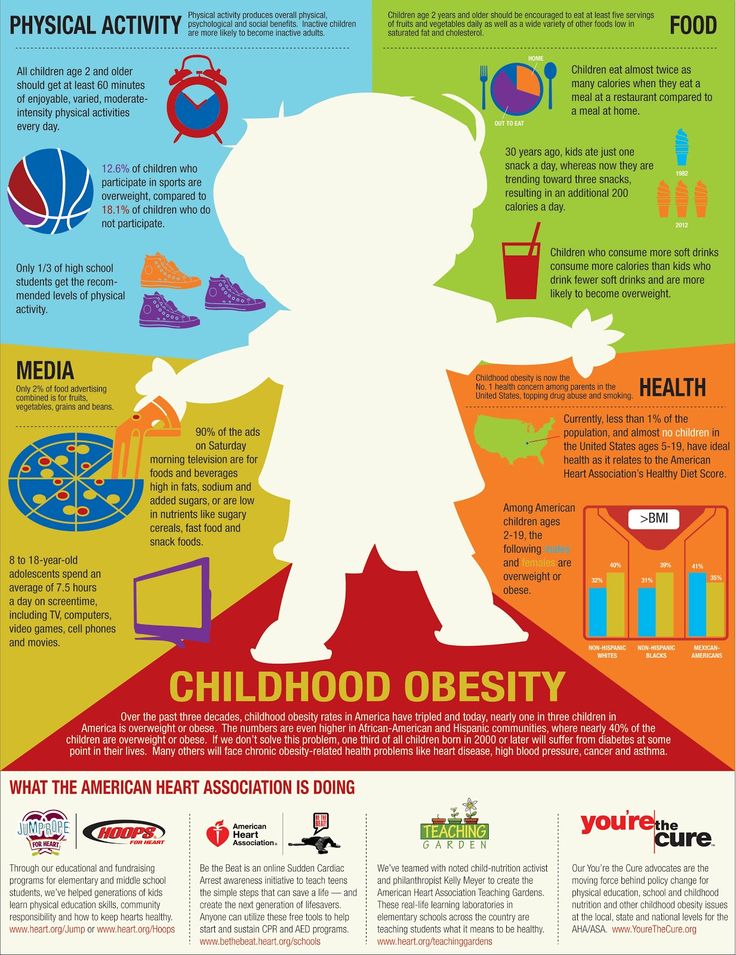
Vitamins and minerals (micronutrients) are essential for the body to function. Read more about the benefits of vitamins and minerals for fertility and pregnancy health, including folate, iodine, vitamin D, zinc and selenium supplements.
Regular exercise also improves fertility. Australian and international guidelines recommend you do at least 30 minutes of moderate-intensity physical activity – such as brisk walking, gardening or dancing – on most but preferably all days of the week. If possible, do some vigorous activity – such as running, fast cycling or fast swimming – every week as well.
For men and women who are overweight or obese, exercise can help to prevent further weight gain or achieve a modest weight loss that improves general health and fertility.
As part of weight management, international guidelines recommend that overweight or obese adults do 225-300 minutes of moderate-intensity exercise every week (this works out to about 35-45 minutes per day).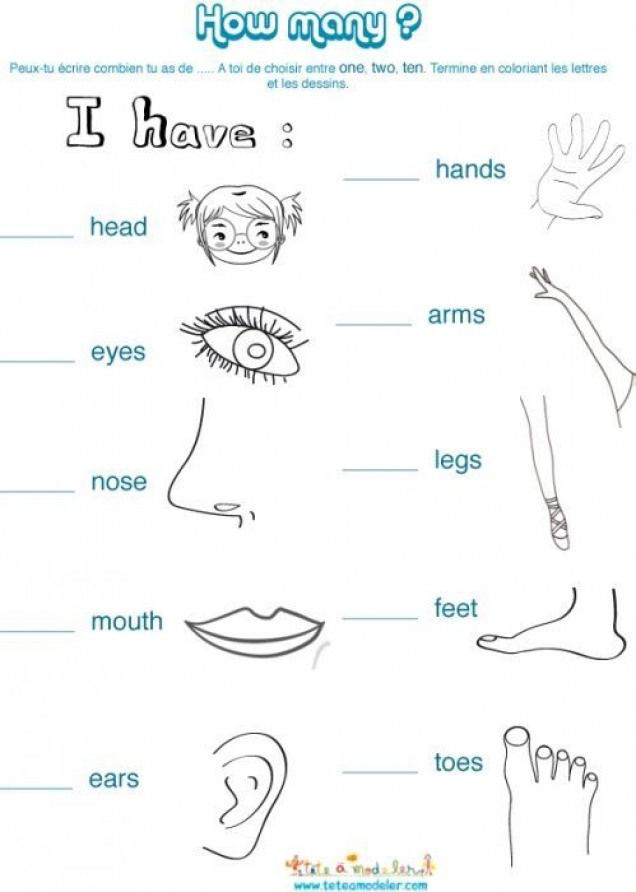
Tobacco, alcohol and drug use and conception
Tobacco, alcohol or recreational drug use reduces the chance of becoming pregnant. If you become pregnant and continue to smoke, drink alcohol or use recreational drugs, it can affect the health of your baby at birth and into adulthood.
Smoking and pregnancy
Smoking in pregnancy or exposure to second-hand smoke reduces fertility and increases the risk of pregnancy complications. To improve your own health and give your baby the best start in life, quit smoking before you try for a baby, and encourage your partner to do the same.
Quitting smoking can be very difficult, but there is help available. Read about the benefits of quitting and visit Quit for advice about how to kick the habit.
Alcohol and pregnancy
Alcohol can reduce both male and female fertility; even drinking lightly can reduce the likelihood of conception. In men, alcohol can impair fertility because it can cause impotence, reduce libido and affect sperm quality.
It is not clear what effect drinking small amounts of alcohol can have on unborn babies, but it is well known that high alcohol consumption can be harmful. The more alcohol consumed, the higher the risk to the unborn baby.
Binge drinking (more than six standard drinks on one occasion) can cause miscarriage, stillbirth, premature birth, small birth weight, and foetal alcohol spectrum disorder ( FASD).
If you are pregnant or planning a pregnancy, not drinking alcohol is the safest option.
Drug use and pregnancy
Prescription medication and recreational drug use can potentially affect the health of the unborn baby. If you take prescription medication, speak to your pharmacist or doctor before trying for a baby.
Having trouble conceiving?
If you haven’t conceived within 12 months, there may be a fertility problem. About one in seven couples in Australia experiences infertility.
Fertility difficulties can be due to:
- female fertility problems (about 40 per cent)
- male fertility problems (about 40 per cent)
- both male and female fertility problems (about 10 per cent)
- unknown cause (about 10 per cent).

Female fertility problems include:
- problems with ovulation, including polycystic ovary syndrome (PCOS)
- blocked fallopian tubes
- endometriosis.
Male fertility problems include:
- poor sperm quality
- blockage of the spermatic cord, which is the tube that transports the sperm from the testis to the penis
- ejaculation disorders.
If you have trouble getting pregnant, talk with your GP who can refer you for tests to find out the cause of your problem. Find more information about causes of infertility and treatment options from the Victorian Assisted Reproductive Treatment Authority.
Where to get help
- Your GP (doctor)
- Jean Hailes for Women’s Health
- Fertility Society of Australia and New Zealand
- Healthy Male
- Your Fertility
- Victorian Assisted Reproductive Treatment Authority Tel. (03) 8601 5250
- Direct Line – drug and alcohol counselling, information and referral service Tel.
 1800 888 236
1800 888 236 - Alcohol and Drug FoundationTel: 1300 85 85 84
- Women’s Alcohol and Drug Service, the Royal Women’s Hospital Tel. (03) 8345 3931
- Quitline Tel. 13 78 48
- Billings LIFE Tel. 1800 335 860
media about INVITRO.
#6(25) 2010
Nona Hovsepyan, Medical Consultant, Independent Laboratory INVITRO
Only 25% of couples manage to conceive a child in the first month of unprotected sexual activity. How to become one of the lucky ones?
1. Review your diet
No weight loss programs: eating low-calorie foods negatively affects fertility hormones. Part of estrogen (female sex hormones) is synthesized not only in the ovaries, but also in adipose tissue. Less fat means less estrogen. Try to eat more vegetables, fruits, and fiber-rich foods (wholemeal bread, rice, and pasta). Folic acid, essential for both conception and pregnancy, can be found in leafy green vegetables such as kale, broccoli, or spinach. Proteins and iron, which affect the general condition of the ovaries and the mechanism of ovulation, are found in large quantities in legumes. A source of calcium that a baby will definitely need is dairy products. And in order for the body to receive omega-3 fatty acids, which provide blood flow to the uterus, it is recommended to include salmon in the diet. Vegetable fats are useful - "suppliers" of vitamin E, which, by the way, should be taken at least three months before the planned conception. It is better to refuse sweets: an increase in blood sugar provokes an excessive release of adrenaline, a hormone that “attacks” progesterone, which is useful for conception.
Proteins and iron, which affect the general condition of the ovaries and the mechanism of ovulation, are found in large quantities in legumes. A source of calcium that a baby will definitely need is dairy products. And in order for the body to receive omega-3 fatty acids, which provide blood flow to the uterus, it is recommended to include salmon in the diet. Vegetable fats are useful - "suppliers" of vitamin E, which, by the way, should be taken at least three months before the planned conception. It is better to refuse sweets: an increase in blood sugar provokes an excessive release of adrenaline, a hormone that “attacks” progesterone, which is useful for conception.
2. Stop smoking
Trite, but effective. In men, nicotine reduces spermatogenesis, that is, it delays the formation of spermatozoa and impairs their mobility, and in women it reduces the level of estradiol, the most active sex hormone. According to a study published by the British Medical Association, smoking even one of the couple reduces the chances of getting pregnant by 10-40%. In addition, this habit reduces sexual desire and causes a lack of orgasm. So give up cigarettes yourself and try to avoid secondhand smoke in public places.
In addition, this habit reduces sexual desire and causes a lack of orgasm. So give up cigarettes yourself and try to avoid secondhand smoke in public places.
3. Check first aid kit
During ovulation, do not take anti-inflammatory drugs and analgesics: they negatively affect the hormonal balance. Decongestants and antihistamines can cause vaginal dryness and thickening of cervical mucus, making it difficult for sperm to move.
Taking antibiotics provokes a violation of the bacterial flora in the vagina: you have to wait 1-2 cycles with conception. After the end of any drug therapy, it is worth leaving attempts to get pregnant for a month, since the removal of drugs from the body lasts several weeks. Important: this does not apply to vitamins, in the period of preparation for pregnancy they will be very useful!
4. Track your ovulation
It is more customary, of course, to start a calendar and count the 14-16th day from the beginning of menstruation. But it is better and more reliable to use special tests: ovulation can occur on other days of the menstrual cycle, especially if it is irregular. Do not forget about the well-known method for determining ovulation - measuring basal temperature. To determine the nature of ovulation, you need to carry out this procedure for 3-5 menstrual cycles.
But it is better and more reliable to use special tests: ovulation can occur on other days of the menstrual cycle, especially if it is irregular. Do not forget about the well-known method for determining ovulation - measuring basal temperature. To determine the nature of ovulation, you need to carry out this procedure for 3-5 menstrual cycles.
5. Maintain the rhythm
Abstaining from sex for more than seven days may reduce male fertility. This has been proven by scientists. At this time, the amount of sperm increases, but not its quality. However, in men who have an intense sex life, the quality of sperm also suffers - it simply does not have time to be produced. The optimal mode is sex 3-4 times a week.
6. Maintain posture
The most favorable posture depends on how the woman is "arranged". If the uterus is in the middle position or tilted forward from the small pelvis, there are no restrictions. And with the uterus tilted back (retroversial position), spermatozoa may have difficulties. In some cases, doctors recommend lying on your stomach, in others, lifting your hips up. When sperm enters the vagina, only diseases of the cervix can interfere with sperm. The flow of part of the "extra" sperm after sexual intercourse is completely natural.
In some cases, doctors recommend lying on your stomach, in others, lifting your hips up. When sperm enters the vagina, only diseases of the cervix can interfere with sperm. The flow of part of the "extra" sperm after sexual intercourse is completely natural.
7. Call your parents...
...to learn about possible genetic and hereditary diseases in the family. Regardless of the information received, it is worth going to a consultation with a geneticist. The specialist is able to detect hidden problems that can have a negative impact on conception, pregnancy or the health of the unborn baby. Children with congenital defects can also be born to completely healthy parents due to disorders in the germ cells.
8. Manage physical activity
Any kind of aerobic activity - dancing, cycling, swimming, even walking - makes the heart and lungs work harder, and oxygen-rich blood is carried throughout the body, including the reproductive system. Doctors advise to pay attention to strengthening the back and abdominals, but physical activity should not be intense. A couple of months before the intended conception, it is better to slow down the pace. Active training causes a protective reaction of the body: it is not up to pregnancy, all efforts are directed to the development of muscles, the excessive tension of which leads to a reflex change in the contractile activity of the fallopian tubes and uterus. This may interfere with fertilization.
A couple of months before the intended conception, it is better to slow down the pace. Active training causes a protective reaction of the body: it is not up to pregnancy, all efforts are directed to the development of muscles, the excessive tension of which leads to a reflex change in the contractile activity of the fallopian tubes and uterus. This may interfere with fertilization.
9. Visit doctors
It is necessary to check for the presence of various chronic infections: toxoplasmosis, chlamydia, cytomegalovirus, herpes. Before conception, you need to cure these diseases and undergo a rehabilitation course. During pregnancy, due to a physiological decrease in immunity, all “hidden” diseases can appear. Go to the dentist: gingivitis and periodontitis (inflammation of the gums) interfere with the normal functioning of sex hormones. Underweight or overweight in women: both lead to irregular cycles and disruption of ovulation. It does not hurt to check at the clinic whether all routine vaccinations have been made: it is more than undesirable to get measles or rubella during pregnancy.
10. Be careful with "chemistry"
Certain chemicals found in household products can cause hormonal imbalances. If the substance smells strongly, you need to wear a mask when cleaning. It is better to prefer liquid cleaners to aerosols. Do not remove stains on clothes at home: take things to dry cleaning.
11. Do not overheat partner
The optimal temperature for sperm maturation is about 2 degrees below the general body temperature of a man. To ensure this temperature in the groin area, underwear should be made from natural materials and have a free form. Wearing tight pants, synthetic underwear, hot baths, saunas, heated car seats can interfere with fertility.
12. Learn to relax
Even in the most busy schedule, you need to find time to relax. Any pastime in the company of a loved one is a long-tested means of restoring peace of mind. You can do interesting things, go to the cinema or theater, spend time in nature. This will strengthen relationships, bring spouses closer, and relieve the stress that accompanies trying to conceive a child.
This will strengthen relationships, bring spouses closer, and relieve the stress that accompanies trying to conceive a child.
Is there a right time to have a baby?
13,526
Parents
Elisa, a biologist from Florence, didn't think twice about this question. “Our decision may have seemed crazy from the outside, but for us it was very wise. We had a child, although neither of us had a job at that time. Psychologically, this was the right moment, and I know that if we had started to think about it, we would not have done it ... ”And at 25, while still studying at the institute, Eliza made a decision. Today she is a happy mother, and her son Rocco is already 1.5 years old.
40-year-old Maria, a producer from Milan, is still waiting for the perfect conditions: “I have always wanted a child, but there has never been an ideal situation that would allow me to make such a decision with confidence. And the further, the more I fear that it will be too late.
Is there really an ideal time to have a baby? And if so, how to define it? The first possible path to a solution is to see if you are capable of love.
Desire or duty?
“When a woman feels the desire to give birth to a child, she must understand that this child will not be “hers”, it will be a separate person, one of a kind, who will plan his life in his own way,” says psychologist Claudio Rize from Milan university.
Rize's concept comes from a Tibetan meditation that tries to catch the moment when a child from his "superworld" sees his future parents and asks them to bring him into this world. During pregnancy, the couple fantasizes about what a "perfect" baby that meets all expectations they will have ("Let's hope he has your eyes and that he will be as smart ...").
Such fantasies are quite natural. “When a child is born, his parents are often disappointed,” Rize explains. “After all, they idealized him, represented his image, each relying on their individuality. Instead of realizing whether they are ready to bring a new life into this world, which will have its own purpose, its own path. It turns out that sometimes, even despite all the favorable conditions, the moment is inappropriate.
Instead of realizing whether they are ready to bring a new life into this world, which will have its own purpose, its own path. It turns out that sometimes, even despite all the favorable conditions, the moment is inappropriate.
For women who give birth in their youth, the child becomes a way of personal maturation.
This is exactly what happened to Rosa, who at the age of 29 felt that she had a “duty” to give birth to a child. At that moment she was married, her career was going uphill, and it seemed to her that the child was the very piece of the puzzle that was missing to complete the picture of life.
“In such cases, the child becomes a social icon, like a house by the sea or a new car, which over time risks losing value,” explains psychotherapist Laura Calabresi. Rosa's motherhood still presents a problem: she continues to maneuver between hatred of diapers and children's nightly crying and guilt that she does not feel like a loving mother. The child “picks up” this lack of sincerity and naturalness and therefore becomes nervous and uncontrollable. A woman is ready to become a mother when she is ready for serious changes, and this feeling can come at any age.”
The child “picks up” this lack of sincerity and naturalness and therefore becomes nervous and uncontrollable. A woman is ready to become a mother when she is ready for serious changes, and this feeling can come at any age.”
Ada, an employee of a PR agency, came to him at the age of 34, after ten years of marriage. “It was only then that I was able to include someone else in our strong union with my husband,” she says. However, such a clarity of view is not inherent in everyone, and most often people tend to focus on external circumstances. Thus, the question is: is it better to have a child immediately or after a career has taken place?
“For women who give birth at a young age, the baby becomes a way of personal maturation, while women who later decide to have a baby can use the acquired skills,” continues Calabresi. “This is a moment that for some women may never come. However, this does not mean that a woman cannot successfully fulfill herself.”
A moment of growth
For Enrico de Sanctis, a psychologist from Milan, “the ideal conditions are when a woman has been able to develop the ability to understand what a child needs.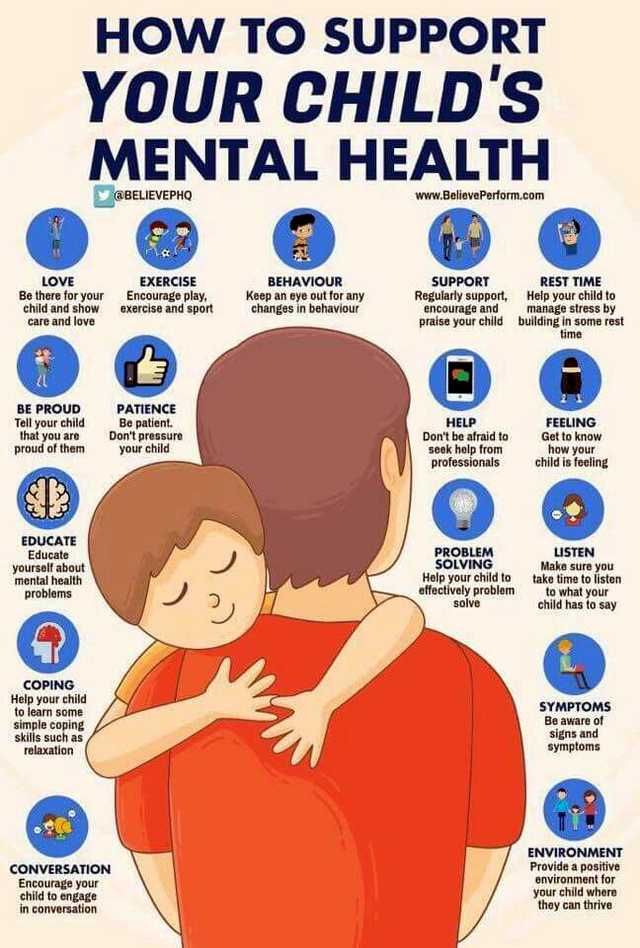 ” For others, it's about something that at some point makes you feel "a physical desire to have a baby, have a big belly, breastfeed," as 43-year-old Lucia, a director from Bari, who has two children, Luca and Alessio ( 14 and 8 years).
” For others, it's about something that at some point makes you feel "a physical desire to have a baby, have a big belly, breastfeed," as 43-year-old Lucia, a director from Bari, who has two children, Luca and Alessio ( 14 and 8 years).
And yet: can a modern woman allow herself to want a child, regardless of real experience, or, on the contrary, work, the strength of relationships - elements that should not be underestimated?
For Verena Schmid, midwife and author of Come into the World and Bring the Light, being in love, having a career, having or not having a home are all important. But the main stimulus is different: “Even when external conditions are unfavorable, a very strong desire to have a child helps to overcome external difficulties. Our grandmothers said: "Every child comes with a loaf of bread under his arm." In the end, he always finds his place and helps his parents.”
The child of 31-year-old Iza, a manager from Vercelli, was not planned: “We were just starting an affair, and none of us wanted a child. However, the child opened a new path for us, it was a moment of serious growth.”
However, the child opened a new path for us, it was a moment of serious growth.”
“As a result, almost everything changes after a pregnancy,” concludes Schmid. - Whether the child was born late or early, whether he was desired or not - it's always good. The right moment is the inner conditions in order to open yourself and be able to create space for a new person.
Three questions to ask yourself before planning a pregnancy
1. Do social conventions affect my desire for a child? Do I feel the pressure of my parents (“they want to see me as a mother”), the desire to imitate my friends (“how great Paola looks with her baby, as fair as she is”), or the need to get as close as possible to the embodiment of the ideal image ( "me, him and a happy kid in a country house")?
2. Am I able to accept the child as he is, and not as I imagined him? To make every effort to ensure that he develops harmoniously as a person? Do not expect anything from the child, but simply devote yourself to him?
3. Do I have enough sincerity and readiness to forget about myself and devote most of my time and energy not to work, not to a loved one, not to my own, but to a new life?
Do I have enough sincerity and readiness to forget about myself and devote most of my time and energy not to work, not to a loved one, not to my own, but to a new life?
Biological clock - should we believe it?
The countdown for many starts after thirty. By forty, there comes a point when even the most level-headed women lose sleep for fear that the train of motherhood has left. Is it fear motivated? No, says Verena Schmid.
“Our grandmothers and great-grandmothers gave birth to their second and third children until menopause. We must remember that giving birth is the most natural process in life. There is no reason for doubt and concern, only if it is not about fertility.” However, most often this problem is associated with the absence of a partner. The search for a good man eventually turns into a race against time under the influence of negative anxiety that men catch and run from.
Text: Prepared by Ksenia Medvedeva Photo Source: Getty Images
New on the site
Who was awarded the 2023 Oscar and for what?
7 reasons to watch "In the sun, along the rows of corn"
Separation: painful, but necessary
"Everything everywhere and at once": like "The Matrix", only about separation.
